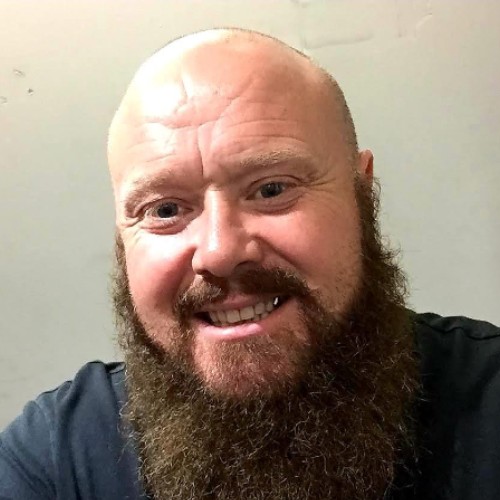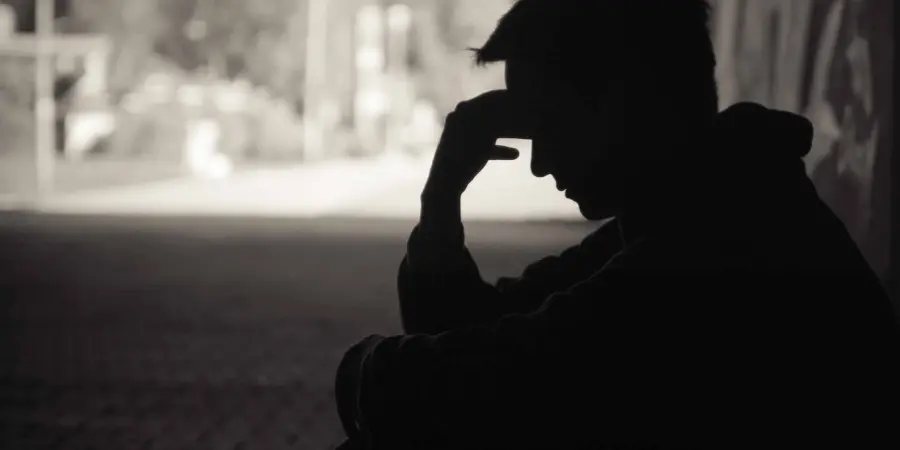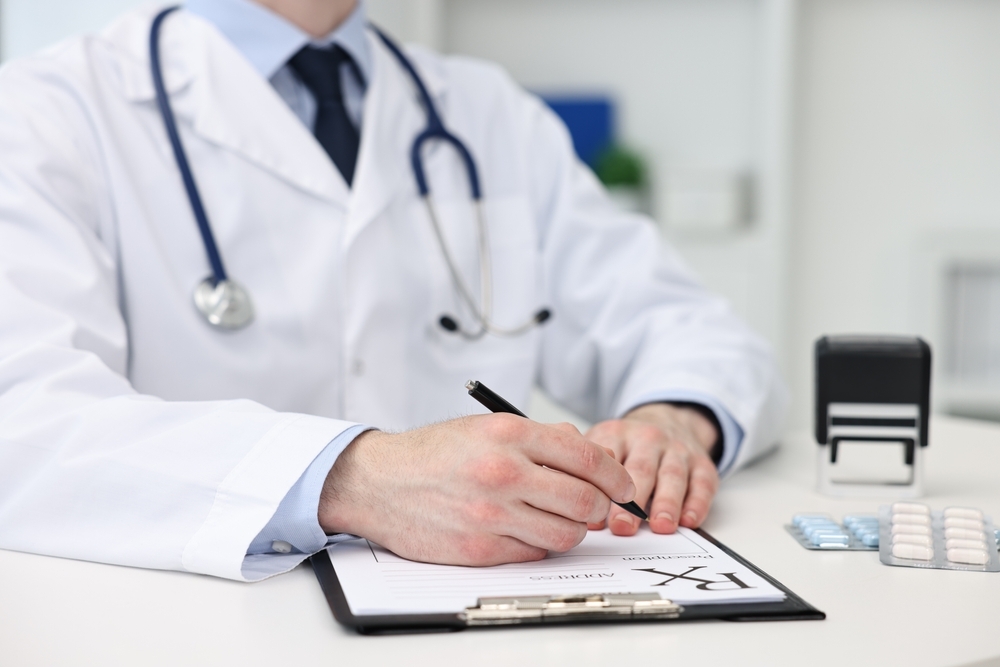
Written by:

Medically Reviewed by:
Last Updated:
July 8th, 2025
Prescription Drug Rehab | Prescription Drug Addiction Treatment
When a medication that once helped becomes something you depend on to get through the day, it can feel like your options are running out.
Many people start taking prescription drugs for very real and valid reasons, perhaps to manage pain, to ease anxiety, or to sleep, but over time, that relationship can shift. Suddenly, stopping isn’t simple, and continuing only deepens the problem.
Prescription drug rehab is a way out. It offers a space to understand what’s happening to your body and mind and how to safely separate from the drug while rebuilding a life you want to be present for. At Primrose Lodge, our prescription drug rehab programme is designed to help you take back control step by step.

What is prescription drug rehab?
Prescription drug rehab is a structured recovery programme for people who have developed a dependency or addiction to medication prescribed by a doctor. While these drugs are intended to help, many carry a high risk of dependence, especially when taken long-term or in higher doses than recommended.
Rehab provides a safe and supported setting to stop taking the drug, manage withdrawal symptoms and begin therapy to understand why the drug became necessary in the first place. At Primrose Lodge, we focus on both the physical and emotional aspects of recovery, helping you build the tools to stay well without the drug in your system.
What types of prescription drug rehab does Primrose Lodge offer?
We treat a range of prescription drug dependencies. Each type has unique challenges, which is why we tailor our programmes to your specific needs.
Antidepressants
Antidepressant rehab at Primrose Lodge helps those who feel unable to stop their medication without emotional or physical side effects. We support a gradual tapering process while providing therapy to manage depressive symptoms, anxiety and rebound effects in a safe environment.
Benzodiazepines
This programme is for people dependent on benzodiazepines like Diazepam or Lorazepam. Because of the risks of withdrawal, including seizures, our rehab programme includes a slow reduction plan, medical supervision and therapy to build new coping strategies for anxiety and insomnia.
Opiates
For those addicted to prescription opioids such as codeine, tramadol or morphine, this programme focuses on easing physical withdrawal symptoms and uncovering any underlying emotional pain that opioids may have been masking.
Sleeping pills
Our sleeping pill rehab supports those who have come to rely on medications like Zopiclone or Zolpidem to fall asleep. We help clients regain natural sleep cycles while addressing the psychological link between rest and drug use.
Stimulants
This programme targets dependency on prescription stimulants like Ritalin or Adderall. It combines medical detox with therapy focused on stress management, emotional regulation and restoring a healthy balance to daily functioning.
Do I need prescription drug rehab?
It’s common to second-guess whether help is truly necessary. After all, these drugs were legally prescribed, often for a genuine medical reason. But dependence can creep in gradually. Maybe you’ve tried to stop and found it harder than expected. Maybe you’re taking more than you used to, or you’ve started worrying about when your next dose will be.
Prescription drug rehab may be right for you if:
- You’ve experienced withdrawal symptoms when trying to stop
- Your medication use is interfering with work, relationships or daily life
- You’re using the drug to cope with stress, not just for its intended purpose
- You’ve become secretive or defensive about your use
If any of this sounds familiar, it could be time to talk to someone about your options.
What does prescription drug rehab involve?
Rehab is often surrounded by mystery, and there’s a reason for that. Most people who finish rehab don’t talk about it publicly. It’s deeply personal, and some experiences are best kept private. But this silence means many people have no idea what actually happens inside. That fear of the unknown can be enough to put someone off seeking help. While we can’t tell you exactly what your journey will look like, we can show you how our programme is structured. With that, you’ll have a clearer sense of what to expect and what recovery might begin to look like.
This is where rehab differs from trying to stop at home. The symptoms can be intense and professional support makes all the difference in staying safe and avoiding relapse.
- One-to-one counselling for personal insight and support
- Cognitive behavioural therapy (CBT) to tackle negative thought patterns
- Group therapy to connect with others going through the same thing
- Holistic options like yoga, meditation and art therapy to support emotional regulation
You don’t have to have all the answers when you arrive. That’s what therapy is for: to help you figure it out in your own time.
Why rehab is safer than quitting on your own
Many people try to quit prescription drugs without help, often because they don’t see themselves as having a serious problem. But withdrawal isn’t always something you can just power through. It’s not a question of willpower; sometimes it’s science that can pull you back.
Quitting suddenly can lead to dangerous symptoms like seizures, panic attacks, severe insomnia or high blood pressure, depending on the drug involved. Even when it’s physically safe, the emotional impact of withdrawal can knock you sideways.
This is where professional care can keep you grounded and guide you through the hardest parts. Rehab gives you space to pause, reset and regain clarity, without the pressure of your usual environment pushing you back into old habits.
Take the next step
Prescription drug rehab isn’t about judgment or blame. It’s about helping you untangle the relationship you’ve built with a substance that was once supposed to help you and show you that it’s possible to live well without it.
At Primrose Lodge, we meet you where you are. Whether you’re ready to start today or just thinking about what rehab might look like, we’re here to guide you through the process.
Reach out when you’re ready. There’s no pressure. Just a chance to feel like yourself again.




